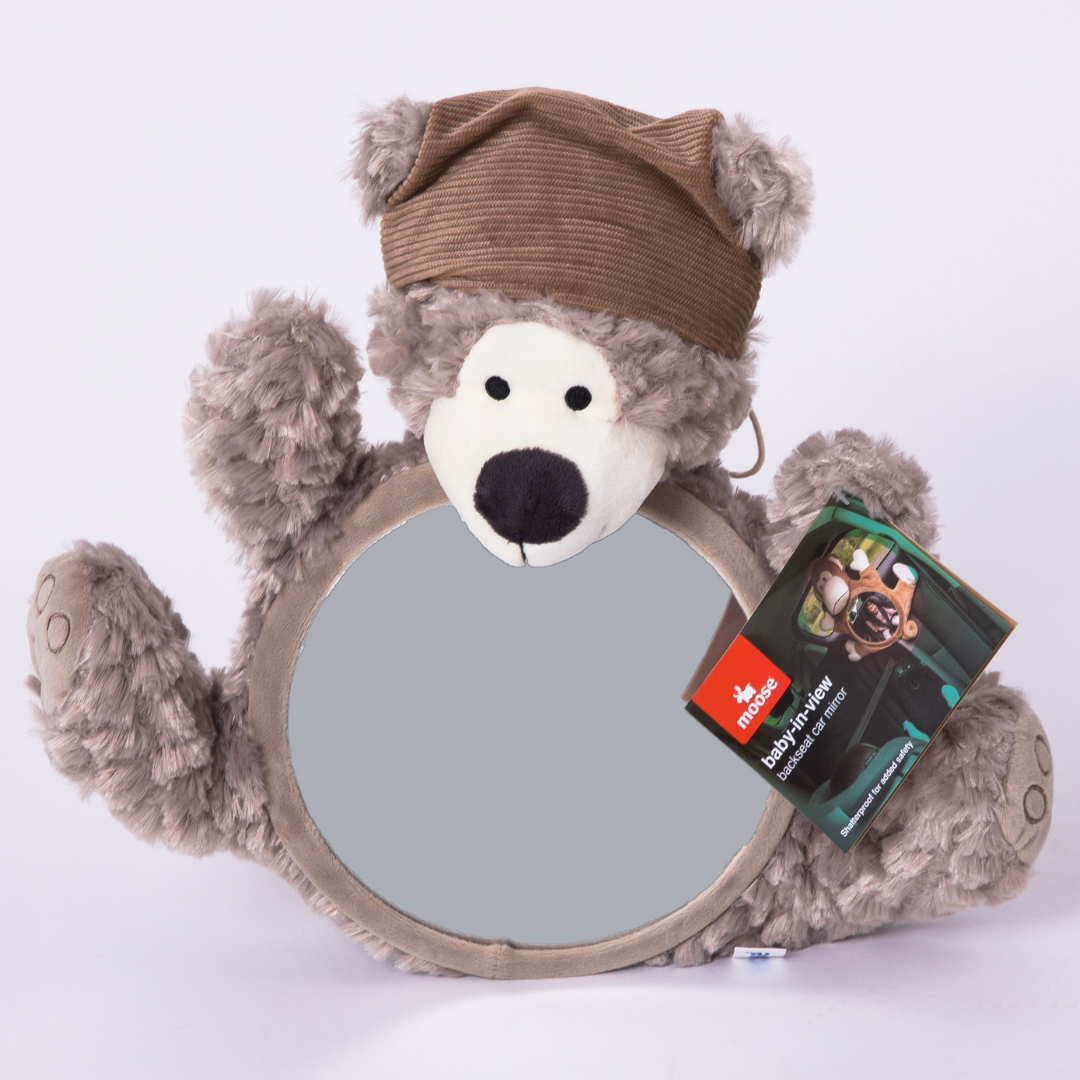Bedwetting Help
How does a bedwetting alarm work?
If your child is over the age of 5 and still wetting at night, bedwetting alarms aim to help your child wake when recognising the sensation to urinate.
An alarm teaches your child's brain to respond to a full bladder, even during sleep.

When exposed to wetness (urine) the alarm makes a loud noise to wake your child. The sound needs to be loud enough and quick enough to wake your child prior to complete bladder emptying.
When beginning your child will wet and the alarm will sound. Your child (and you) will wake up and you will need to take him to the toilet to completely empty his bladder of any “left over” urine.
Initially your child is likely to empty his bladder before reaching the toilet, but with practice this should improve.
Using the alarm every night and waking up just after wetting should eventually teach your child's brain to wake up prior to wetting. With time, wetting will happen less frequently and eventually your child will stop wetting altogether.
Once your child establishes a consistent pattern of waking during the night prior to wetting then you will no longer need the alarm.
Some children stop wetting within days or weeks, other children and can 2-3 months to stop wetting.
Is my child ready for a bedwetting alarm?
Your child might be school age and you’re becoming concerned that they’re still wetting their bed every night. You’ve tried a number of things to help your child stop wetting, nothing is working. You’ve heard of a bedwetting alarm but you’re not sure whether to ‘wait it out and hope they become dry with time’ or take action and purchase a bedwetting alarm.
Here are 6 signs you and your child are ready for an alarm:
1. Your child tells you he wants to stop wetting the bed
If your child is around 6 years or older and frustrated that you’ve tried a number of things to help him stop wetting and nothing has worked, then it is pro

bably time to look at an alarm. If he is discouraged that he’s doing his best with no improvement and he is complaining and uncomfortable waking up wet every morning, then certainly it’s time for some help.
2. Your child no longer wants to wear nappies or pull-ups
Some children don’t mind wearing pull-ups and agree to wear them to bed each night. But the time will come when a disposable is no longer comfortable, doesn’t fit or leaks. You may find every morning you’re faced with a pile of wetting bedding. You and your child may be frustrated and find it difficult to cope with the never-ending laundry pile and wet nappies.
3. Your child begins to notice friends her age or younger siblings don’t wear pull-ups anymore
As children get older, bedwetting can begin to affect their self-esteem. He may be concerned that he is doing something wrong or worry that something isn’t working correctly with his body. If you notice your child’s self-confidence is suffering, then a bedwetting tool offers your child empowerment and a solution in sight.
4. Your child is worried about sleep overs and school camp
As your child gets older and is invited to sleep overs she may want to join in, but is hesitate or turns down the offer because of her bedwetting and the need to wear a pull-up. School camp can also be a challenging time for a child who wets the bed. The fear of other children seeing her pull-up is a genuine concern for her.
5. Your child would do just about anything to stop wetting the bed
Motivation is a key factor to success with a bedwetting alarm. Some children are not fazed with wearing a pull-up or wetting the bed, but if your child is trying really hard to stay dry, despite nothing working, and is keen to start using an alarm, then it’s a good time to start.
6. You and your family have a regular daily schedule and regular bedtime
Parent involvement is important when using a bedwetting alarm. Initially this means getting up during the night to help your child. Choose a time when work demands aren’t too high and your family are in a fairly stable routine. There is no ideal time, but a time where things are reasonably routine will help.
Need more information?
Which bedwetting alarm is best?
20 Top Tips for success using a bedwetting alarm
At what age should my child stop wetting the bed?
Waking and Taking your Child to the Toilet….What are you really achieving?
School Camp & Bedwetting ... Tips for making things easier
HELP! My child is still having accidents during the day...
Help, my son sleeps through the bedwetting alarm
Shopping for a bedwetting alarm




